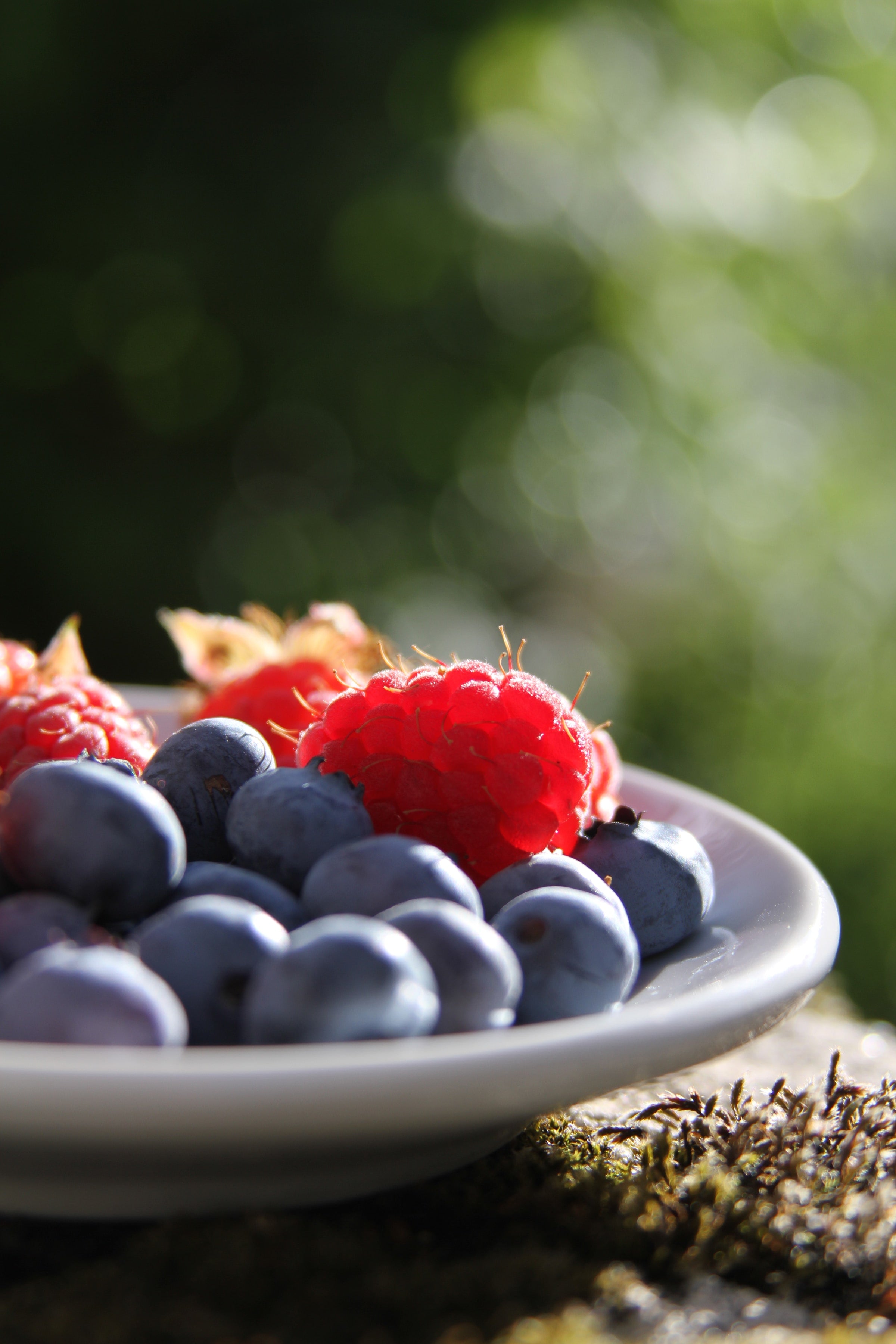
Superfoods for Kids: Boosting Gut Health Naturally
With increasingly processed diets and busy schedules, maintaining optimal gut health for kids can be quite challenging. Thankfully, Mother Nature offers an array of superfoods packed with essential nutrients that help improve your child's gut health naturally. In this blog post, we will explore these superfoods, their benefits, and ways to incorporate them into your child's diet.
Understanding Gut Health
Before delving into the superfoods, let's briefly understand why gut health is crucial for kids.
The Importance of Gut Health
When we say gut health, we are referring to the balance of microorganisms that live in the digestive tract. In children, good gut health aids digestion, boosts the immune system, and even influences mental health. Research suggests that a healthy gut can positively impact overall health and wellbeing.
The Role of Probiotics and Prebiotics
Probiotics are beneficial bacteria, while prebiotics are food for these bacteria. Together, they help maintain a healthy gut. Including probiotics and prebiotics in a child's diet can improve gut health, contributing to better physical and mental development.
Superfoods to Boost Gut Health
Now that we know a bit about gut health let's look at some superfoods that can improve it naturally.
Yogurt
As a rich source of probiotics, yogurt helps replenish good bacteria in the gut.
Benefits
- Improves digestion: The probiotics in yogurt help break down food, improving digestion and preventing constipation.
- Boosts immunity: Regular yogurt consumption can enhance the body's immune response.
Incorporation in Diet
Add it to their breakfast cereal, smoothies, or serve it as a healthy dessert with some fresh fruits.
Whole Grains
Whole grains like oats, brown rice, and quinoa are excellent sources of prebiotics and dietary fiber.
Benefits
- Enhances digestion: Dietary fiber helps maintain regular bowel movements, preventing constipation.
- Promotes satiety: Whole grains are filling, reducing the likelihood of overeating.
Incorporation in Diet
Incorporate whole grains into your child's diet through whole-grain bread, cereals, or adding cooked quinoa to salads and stir-fries.
Fruits and Vegetables
Fruits and vegetables, particularly bananas, asparagus, and blueberries, are rich in fiber and prebiotics.
Benefits
- Rich in fiber: This helps maintain regular bowel movements.
- Packed with antioxidants: These protect the cells in the body from damage.
Incorporation in Diet
Include a variety of colorful fruits and vegetables in your child's diet. Serve them as snacks, add them to yogurt, or include them in meals.
Legumes
Beans, lentils, chickpeas, and peas are fantastic sources of fiber and prebiotics.
Benefits
- Improve digestion: Their high fiber content helps improve digestion.
- High in protein: Legumes are a great source of protein, essential for growth and development.
Incorporation in Diet
You can include legumes in your child's diet by preparing hearty soups, stews, or salads.
Making Superfoods Kid-Friendly
It's not always easy to get kids to eat what's good for them. Here are some tips to make these superfoods more kid-friendly.
Get Creative with Presentation
Make the food look appealing. Cut fruits into fun shapes or arrange them to make a "fruit face" on their plate. Use colorful vegetables to make their meal visually attractive.
Involve Them in Preparation
Kids are more likely to eat what they help prepare. Let them add the fruits to the yogurt or rinse the vegetables. This involvement gives them a sense of ownership over themeal, making them more eager to eat it.
Experiment with Recipes
Try different recipes to keep meals exciting. For instance, create a yogurt parfait with layers of yogurt, fruits, and granola. You could also try baking whole-grain bread at home with your child.
Summing Up
Maintaining good gut health is fundamental to a child’s overall health. By incorporating superfoods such as yogurt, whole grains, fruits, vegetables, and legumes into your child's diet, you can boost their gut health naturally. However, remember that everyone’s gut microbiome is unique. What works for one child may not work for another. Hence, it is crucial to observe how your child’s body responds to different foods.
Also, while diet plays a significant role in gut health, other lifestyle factors like exercise, hydration, and good sleep are equally important. Encourage your child to lead a balanced lifestyle for optimal gut health.
Remember, it’s never too early or too late to start nurturing your child's gut health. So, start incorporating these superfoods into their diets today, and watch them grow into healthy, happy individuals! Learn more with Eka Health!


0 comments